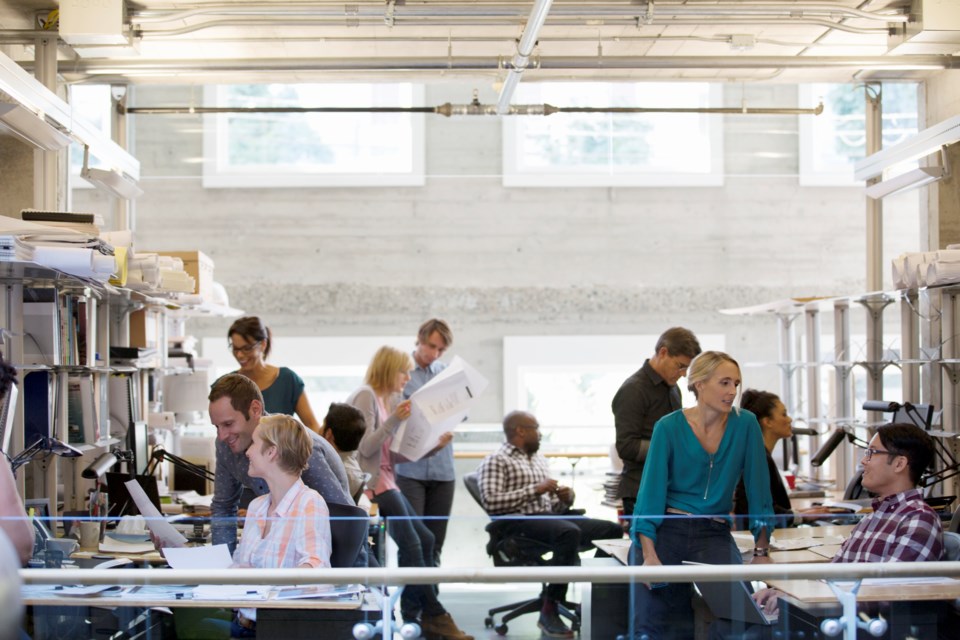Social movements have influenced male leaders to be more inclusive and empathetic, according to a new study from the University of British Columbia (UBC) and Blueprint.
The study found that 55 per cent of men at all leadership levels believe they're more likely to speak out on equity issues after being influenced by social movements such as #MeToo or Black Lives Matter.
While the study suggests the power and influence social movements can have on public understanding, it doesn’t present the whole picture, according to some experts.
“The biggest challenge with all survey-based studies is drawing conclusions about the reason why things are happening,” says Dr. Brenda Lee, a Vancouver-based psychologist.
Lee said the study's title “draws the conclusion that it is because of these social movements that male leaders have become more inclusive, empathic and collaborative. And of course, we don't know that’s the order of causation.”
She adds that “there could be different variables that are affecting both of these things that haven't been identified" such as general discussions, or different leaders in society stepping up as models.
“There are all these different factors that likely play into the changes in people's attitudes and people's approach to people’s behaviours in the workplace. The same people that are going to work are also the same people in their off times who are participating in these protests, or participating in these conversations,” says Lee.
Safer working environments
Another key finding of the UBC study is that there’s a commitment to allyship, with 56 per cent of men and 61 per cent of women feeling more responsibility to help create a more respectful and gender-inclusive working environment.
Lee notes that communication impacts what people feel is expected of them.
“There is an excessive spread of behaviour that has been communicated in public by cultural and societal leaders, that there are certain kinds of behaviours that are expected, and that in terms of the approach of gender equality, of LGBTQA+, of inclusion in terms of racial kind of equality, that the baseline is expected to be shifted higher."
Diversity training has been around since the 1960s stemming from Price Cobbs, a Black psychiatrist who ran seminars about breaking down stereotypes through various exercises and discussions. Eventually, Cobbs became a diversity consultant, helping workplaces to value differences.
And while Diversity, Equity, and Inclusion (DEI) training can be useful in sparking discussions and advocating for spaces to be more open, “training doesn't solve the problem, you still have to do something,” says Dr. Helen Ofosu, an Ottawa-based psychologist and HR consultant.
“For the most part, I say, pre-George Floyd, a lot of people (in HR and DEI training) who were popular, were probably white," says Ofosu. "And so, they were focused on things like unconscious bias training, and unconscious bias assessments. But these aren’t things that actually move the needle.”
Despite the shortcomings of DEI trainings, Ofosu says she has noticed “more willingness and more openness to having people who had some lived experience with some of these things, offer the training in a way that's quite different.”




